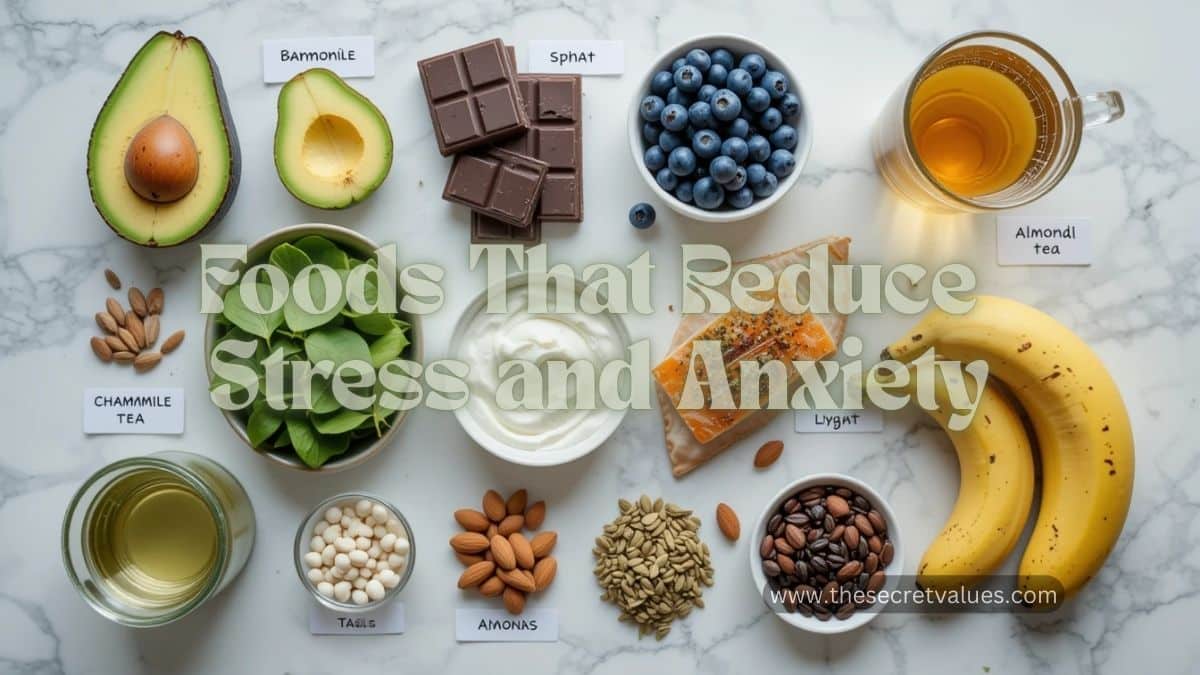Have you ever considered what it means to experience emotional intensity? While many think it involves remaining calm, the reality is much more complex and unexpected. Get ready as we explore five surprising facts about maintaining emotional strength, revealing practical methods to cultivate resilience, improve mental well-being, and prioritize emotional self-care. How to Stay Strong Emotionally.
Understanding Emotional Strength
What is Emotional Strength?
Emotional strength is the ability to manage emotions effectively, stay grounded during challenges, and bounce back from setbacks. It’s not about suppressing emotions but learning to process them healthily. Think of it as your emotional immune system—it keeps you balanced when life gets tough.
Why It’s Crucial for Mental Health and Emotional Health
You’re better equipped to handle stress, maintain relationships, and make decisions when emotionally intense. Poor emotional health can spill into your mental health, leading to anxiety, depression, or burnout. Strengthening one often benefits the other.
The Connection Between Emotional and Mental Health
How Emotional Strength Self-Care Boosts Resilience
Self-care means more than pampering oneself with spa days or long bubble baths (although those can be great!). It’s creating emotional well-being through activities like journaling, meditation, or simply giving yourself space to breathe. These habits build a mental cushion, preparing you for life’s curveballs.
Signs of Poor Emotional and Mental Health
Are you struggling to focus? Feeling irritable? Disregarding these indicators may result in more significant problems. Think of emotional health as the foundation of your mental house—if it cracks, the whole structure weakens.
Truth #1: Emotional Strength is a Skill, Not an Inborn Trait
How to Build Emotional Resilience Over Time
As with any muscle, emotional strength develops through exercise. So start with small challenges and celebrate any progress, such as just surviving a terrible day.
Examples of Strength in Emotional Adversity
Examples of emotional strength are everywhere, from overcoming heartbreak to bouncing back from failure. Real courage isn’t the absence of fear—it’s feeling fear and moving forward anyway.
Truth #2: You Don’t Need to Be Happy All the Time
The Power of Accepting Negative Emotions
Here’s a game-changer: you don’t have to force happiness to stay emotionally intense. Suppressing negative emotions can sometimes make things worse. Accepting sadness, anger, or frustration allows you to process and release them. It’s like letting a storm pass instead of bottling it up.
The Role of Balance in Emotional Health
Joy and sorrow are two facets of the same reality.. To stay emotionally intense, strive for balance. Acknowledge the lows, celebrate the highs, and remember—it’s all part of being human.
Truth #3: Emotional Strength is Rooted in Self-Awareness
Practicing Mindfulness for Mental and Emotional Health
Mindfulness serves as a way to take a break in a turbulent environment.. Focusing on the present moment can help you better understand your feelings and reactions. Deep breathing, meditation, or mindful walks can also strengthen your emotional core.
Recognizing and Managing Triggers
Do you know why certain situations leave you emotionally drained? Identifying triggers, be it a demanding coworker or stressful environment, will help you manage them. Awareness is the first step toward taking back control.
Truth #4: Relationships Play a Vital Role in Emotional Strength
How Support Systems Affect Your Emotional Self-Care
A good support system can make all the difference. Friends, family, or mentors can offer emotional safety nets in bad times. Even a heartfelt chat with someone who cares can lighten emotional burdens.
Setting Boundaries for Emotional Safety
c Say “no” when needed, protect your energy, and prioritize connections that uplift you.
Truth #5: Emotional Strength Requires Continuous Practice
Daily Habits for Emotional Resilience
Consistency is key. Start small: gratitude journaling, regular exercise, or time to pursue hobbies. Over time, these habits build resilience. Think of it as watering a plant—a little daily effort leads to long-term growth.
Adapting to Life’s Constant Changes
Life is full of curveballs, and adaptability is your secret weapon. Whether it’s a job change or a personal loss, staying emotionally flexible helps you weather storms.
Practical Tips for Emotional Self-Care
Journaling for Mental Clarity
Writing down your thoughts can be therapeutic. It clears mental clutter, helps process emotions, and provides clarity. Think of journaling as a conversation with yourself—it’s raw, honest, and healing.
Physical Activity’s Role in Emotional Health
Exercising is not only good for the body but also an energy source for emotional health. Doing yoga, running, or dancing will release endorphins, which uplift moods and reduce stress.
The Role of Professional Help in Building Emotional Strength
Benefits of Therapy or Counseling
Reaching out for help is not a sign of weakness; it’s the first step towards healing. Therapists can offer tools and perspectives that change emotional struggles into growth opportunities.
Overcoming Stigma Around Seeking Help
It’s time to break the taboo around therapy. Just as we see a doctor for physical health, seeking help for emotional health is equally important.
Common Myths About Emotional Strength
Debunking “Being Strong Means Never Showing Emotions”
Let’s bust this myth: emotional strength isn’t about hiding your feelings but managing them. Vulnerability is not weakness; it’s courage in disguise.
The Truth About “Tough Love”
“Strict affection” frequently emphasizes severity rather than compassion. Emotional resilience flourishes through empathy and encouragement, not reproach.
How to Teach Emotional Strength to Others
Building Resilience in Children
Teach kids emotional resilience by encouraging open communication, validating their feelings, and helping them problem-solve. The earlier they learn these skills, the stronger they’ll grow.
Sharing Your Emotional Growth Journey
Be a role model. Share your struggles and triumphs—it shows others that emotional strength is a process, not perfection.
Real-Life Examples of Emotional Strength
Stories of Resilience in Challenging Times
From athletes overcoming injuries to entrepreneurs bouncing back from failure, real-life examples of emotional strength inspire us to keep going.
Lessons We Can Learn from Them
Their stories remind us that setbacks aren’t the end—they’re stepping stones to growth. Resilience isn’t just surviving; it’s thriving.
Warning Signs When You’re Emotionally Drained
Identifying Burnout Symptoms
Feeling constantly tired, detached, or overwhelmed? These are signs you need to recharge.
How to Recharge When Life Feels Overwhelming
Take a break, lean on your support system, and focus on self-care. It’s okay to step back to bounce back.
How to Stay Strong Emotionally During Major Life Events
Coping with Loss and Grief
Grieving is a natural process. Allow yourself to feel, and don’t rush the healing journey. Rely on those close to you and reach out for professional assistance if necessary..
Navigating Big Life Changes
Change is stressful, especially if it involves a new city or a new job. As unexpected, you can try to find stability within what you can control.
Conclusion: Embrace Emotional Strength as a Journey
Emotional strength isn’t a destination—it’s a lifelong journey. Every step is counted, but getting there matters more than being perfect. You can pass through some of life’s struggles graciously by raising your self-awareness, building resilience, and asking for help if needed..
FAQs
What are the simple steps to start practicing emotional self-care?
Begin with simple steps: cultivate gratitude, keep a journal of your reflections, and allocate time for relaxation.
How do I know if my emotional health is improving?
Notice changes like better stress management, healthier relationships, and increased self-awareness.
Can anyone become emotionally intense?
Absolutely. Emotional strength is a skill anyone can build with practice and patience.
What distinguishes mental health from emotional health?
Mental health involves cognitive functioning, while emotional health focuses on managing feelings and reactions.
How does stress impact emotional strength?
Chronic stress can weaken emotional resilience, but managing it through self-care and mindfulness can help rebuild strength.







